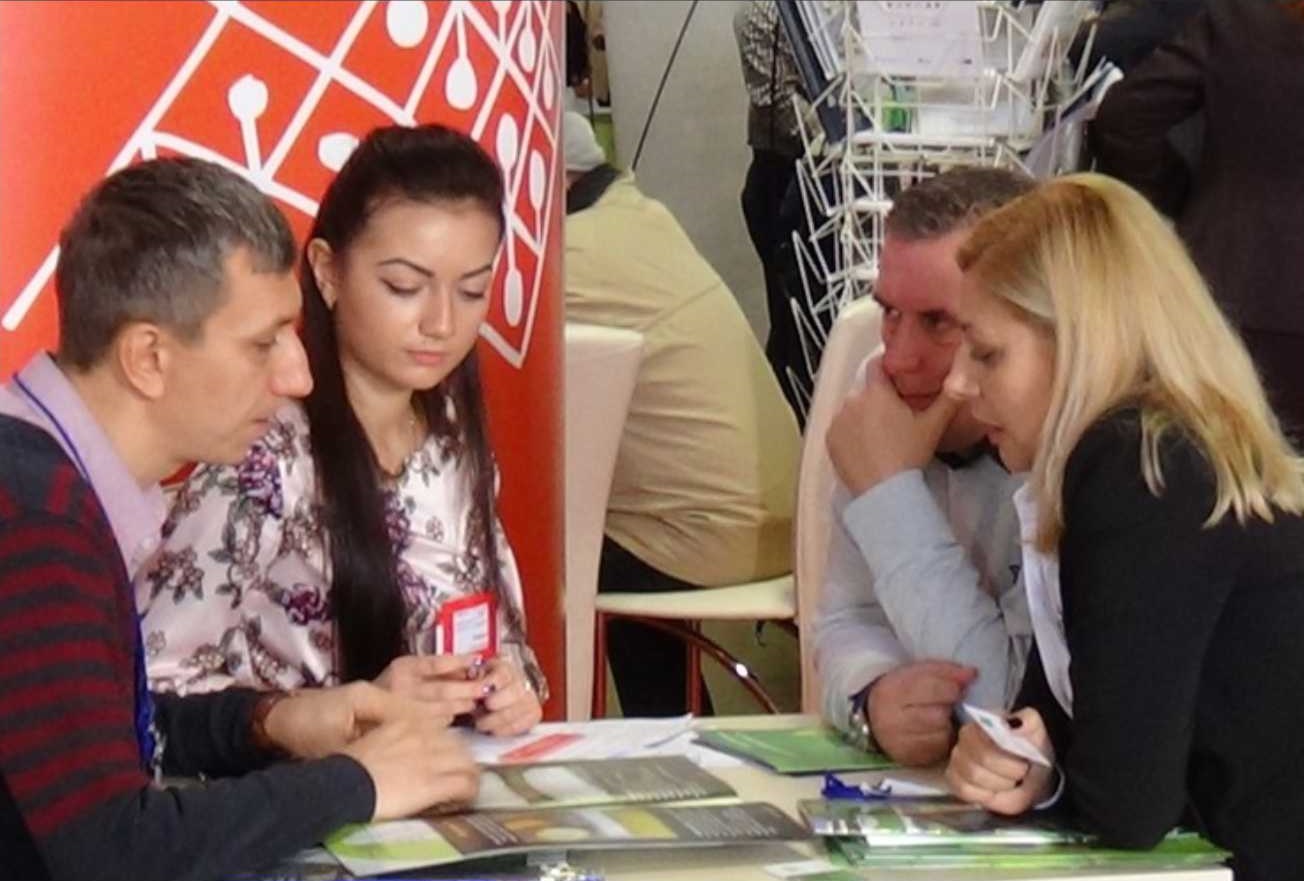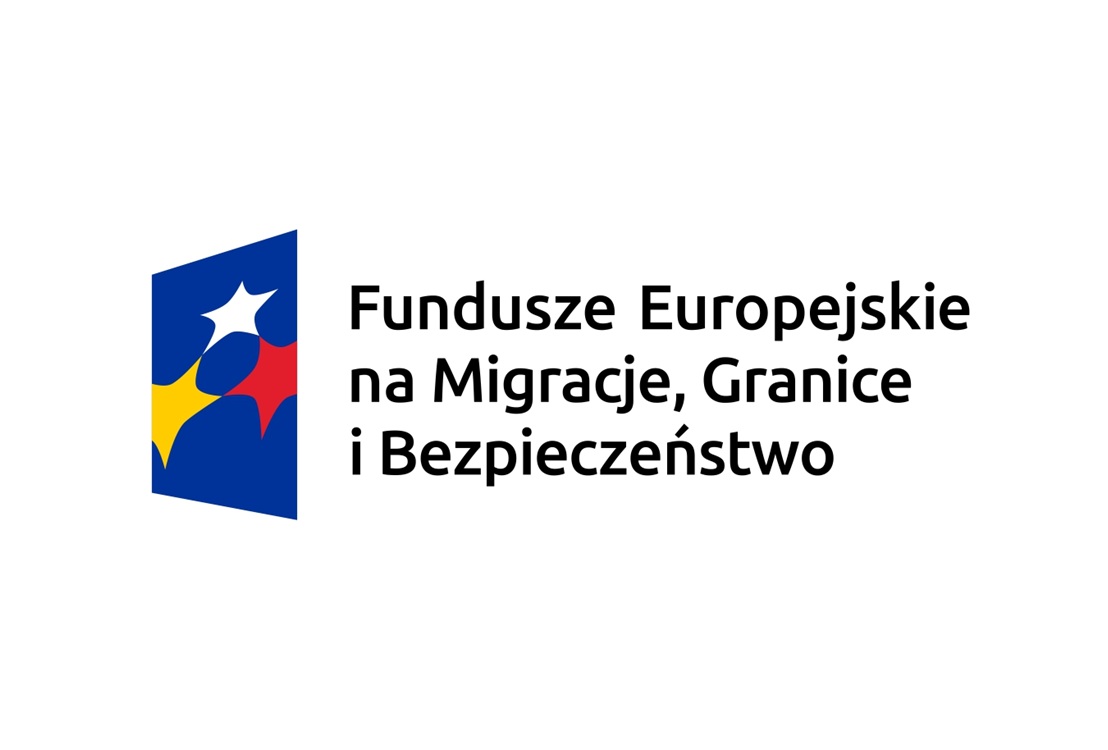According to data released by Eurostat at the end of May 2024, there are 4.3 million people in the EU who fled Ukraine as a result of Russian aggression and were granted temporary protection in the EU. Poland ranks second in terms of the number of people staying on its territory and enjoying temporary protection, which is about 953 thousand people. Temporary protection status is granted to citizens of Ukraine on the basis of EU Council Implementing Decision 2022/382 of 4 March 2022.
The main document regulating the granting of temporary protection is EU Directive 2001/55/EC on minimum standards for the granting of temporary protection, which was adopted in the EU on 20 July 2001. The definition of temporary protection is clearly spelled out in Article 2(a), which reads as follows: ‘Temporary asylum’ means a procedure of an exceptional nature to ensure, in the event of a mass or imminent mass influx of displaced persons from third countries who are unable to return to their country of origin, immediate temporary protection of such persons, particularly if there is a risk that the asylum system will not be able to cope with such an influx without adverse consequences for its effective functioning, the interests of the persons concerned, as well as other persons seeking protection.
Russia's full-scale attack on Ukraine in 2022 caused the first such massive influx of displaced persons into EU countries. Accordingly, for the first time, the Directive was activated by EU Council Decision 2022/382 of 04.03.2022 specifically for Ukrainians. And this decision can undoubtedly be called unprecedented in the history of the EU. Following the decision of the EU Council, EU member states were forced to react very quickly and develop their domestic laws and regulations that would be in line with national and EU legislation on persons in need of temporary protection and facilitate a rapid response to such a massive influx of displaced persons. Poland, which shares a 540-kilometre-long border with Ukraine, was no exception and was the first country to accept Ukrainians on its territory.
In response to such difficult challenges, the Polish government developed a special regulation (special law) on assistance to Ukrainian citizens in connection with the armed conflict on the territory of this country dated 12.03.2022. In particular, this special statute regulated the principles of organising various types of assistance to Ukrainian citizens, their accommodation, education, social and medical protection, etc. In addition, according to this statute (law), temporary protection of Ukrainian citizens was to expire on 30 June 2024. However, on 25 June 2024, the EU Council decided to extend temporary protection until 4 March 2026. Accordingly, the Polish government also developed a new statute of 15 May 2024 amending the statute on assistance to Ukrainian citizens in connection with the armed conflict on the territory of this country and some other laws.
The information most expected by Ukrainian citizens in accordance with the amendments was the period for which Poland will extend temporary protection, i.e. the legal stay of Ukrainians in Poland. Also, the most pressing issue is the terms of additional funding for accommodation and meals, the so-called 40+ programme. First things first: according to the law of 15 May 2024, the period of legal residence in Poland was extended until 30 September 2025.
The conditions for receiving additional funding under the 40+ programme have undergone significant changes. In particular, the co-financing of accommodation and meals for persons under the 40+ programme has been partially cancelled.
In the previous version of the law, any business entity, including individuals, received reimbursement for accommodating persons in need of protection. The main condition was that they provide accommodation and meals to Ukrainian citizens who have the PESEL UKR status. Since 1 July, additional funding for accommodation and meals for persons in need of protection has been provided under new conditions. This provides for the payment of compensation only for persons residing in collective accommodation for at least 10 people in premises owned by local authorities or the state.
Thus, according to the new law, the following conditions must be met for reimbursement under the 40+ programme:
- Living in collective accommodation provided by the state or local authorities;
- After a period of 120 days, persons staying in such collective accommodation are obliged to partially pay for their accommodation from their own funds. The payment quota depends on the length of stay: from 120-180 days, it will be 50%, but not more than PLN 40 per person per day.
- For stays of 180 days or more, the quota will be 75%, but not more than PLN 60 per person per day.
There is also a certain list of exemptions for vulnerable categories of persons from any payments in collective living facilities. Namely.:
- Persons with significant or moderate disabilities, together with their carers.
- Elderly people, women over 60 years old, men over 65 years old.
- Pregnant women and persons raising a child up to the first year of life.
- Persons taking care of three or more children on their own in Poland, provided that at least one of them is under 14 years old.
- Minors in foster care or minors who do not receive financial assistance (świadczenie wychowawcze).
- Persons who have received the Voivode's consent to be exempted from contributing to their accommodation costs due to a difficult financial situation.
There is, however, an exception to the limit on the number of persons. Thus, according to the law, the Voivode may provide assistance to Ukrainian citizens in need of protection in terms of accommodation and food without complying with the minimum number of persons in the facilities on the basis of an agreement with a non-governmental organisation that has existed for at least 24 months and provides accommodation exclusively for persons with significant or moderate disabilities together with their carers, as well as elderly persons - women over 60 years of age and men over 65 years of age.
A number of other conditions for Ukrainians' stay in Poland have also been changed. In particular, the new law cancels a number of benefits that have been provided since the beginning of the war. We will discuss them in more detail in our next articles, as each segment requires detailed analysis and explanation. As you can see, not all changes are positive. Our compatriots have to adapt to the new conditions. New challenges and issues have not diminished either. Most likely, the legislators are trying to speed up the integration of Ukrainians into society, facilitate their early entry into the labour market and independently meet their needs, including housing, food, and additional services not critical to survival. At the same time, people who are not capable of self-sufficiency, work, or study will continue to be supported at the expense of public funds.
Valentyna Liva
Graduate of the Faculty of Law of the Vasyl' Stus Donetsk National University
Volunteer at Association Integration Europe-East in Kielce










